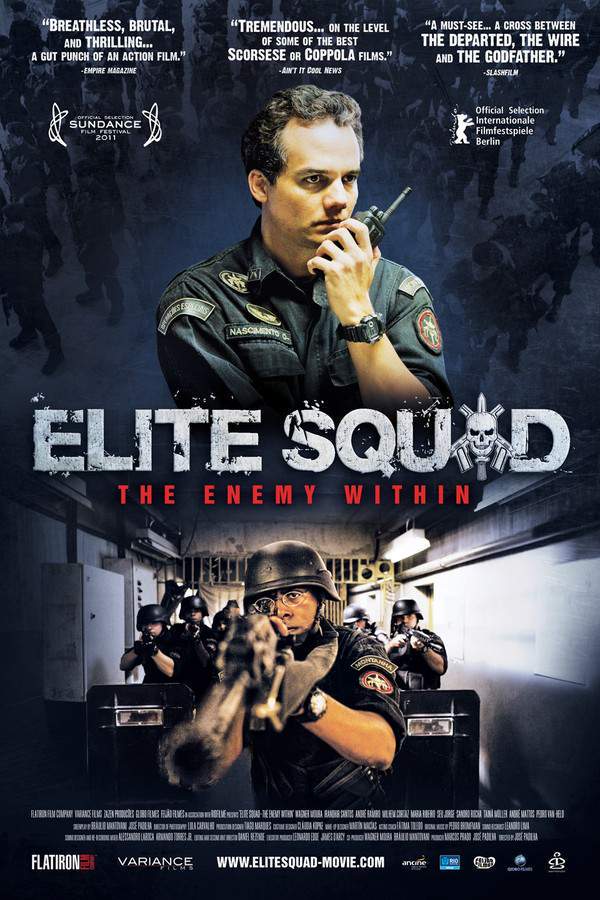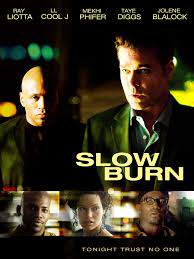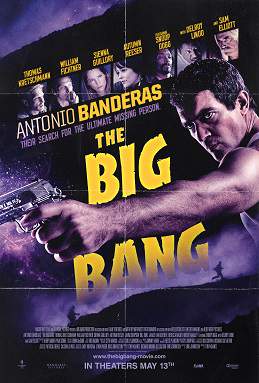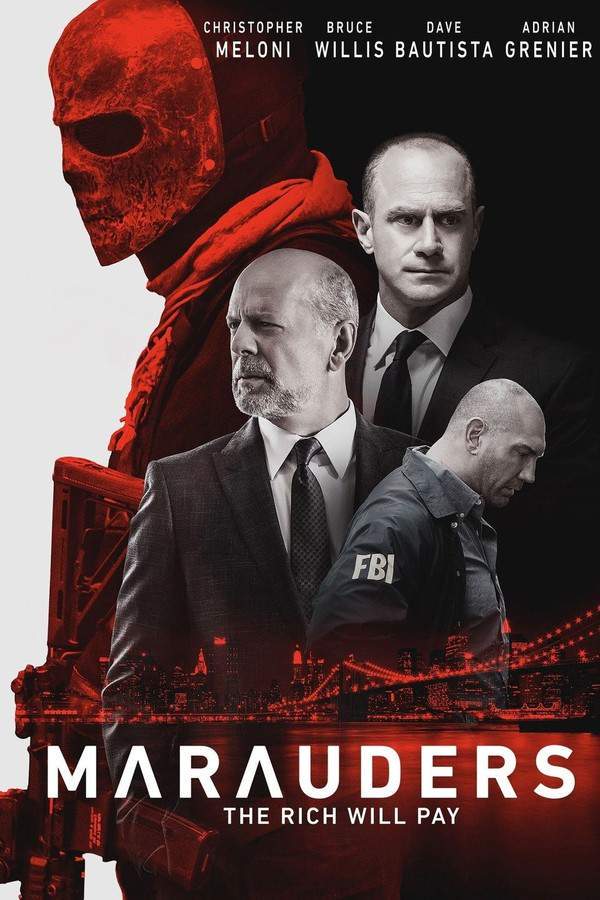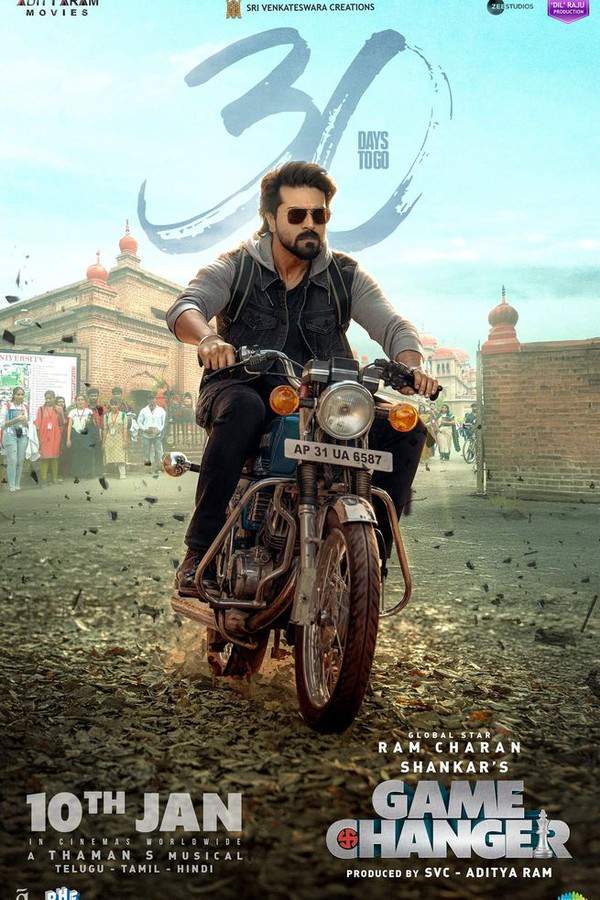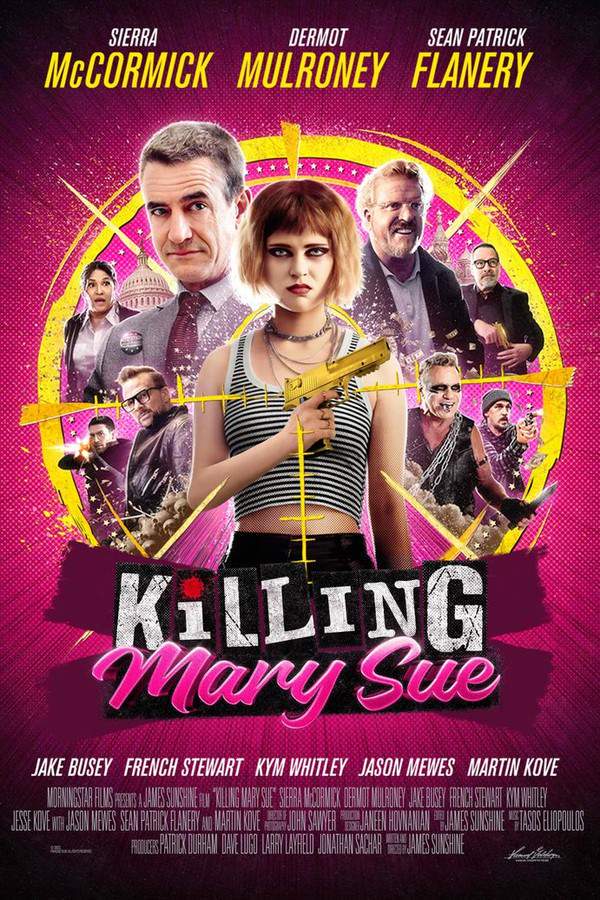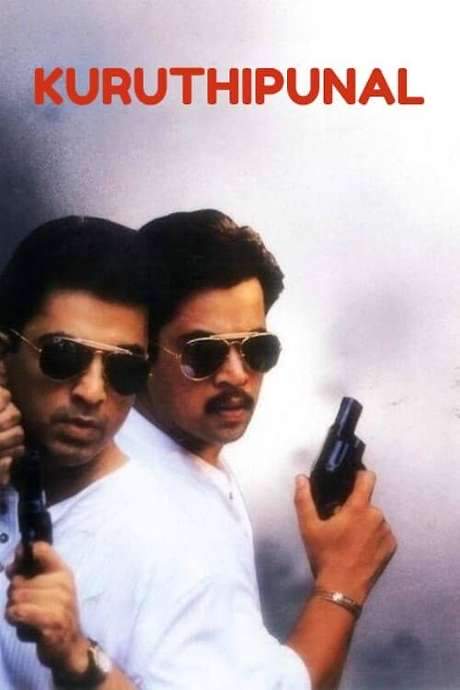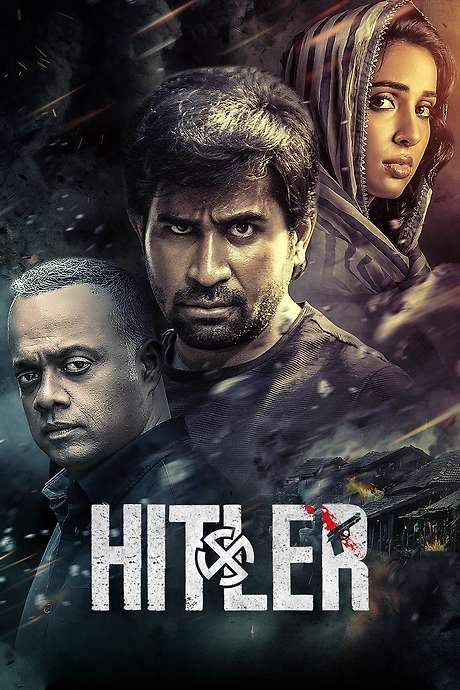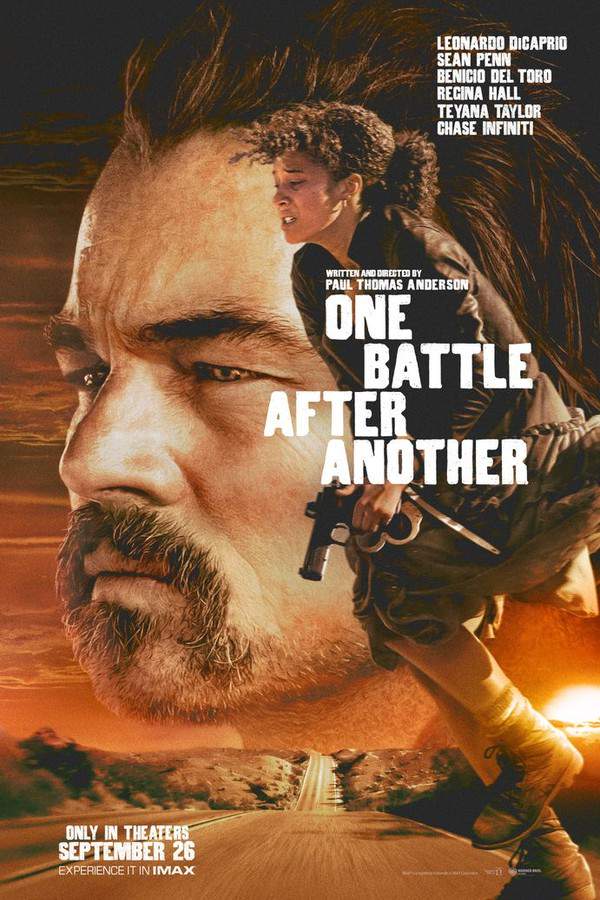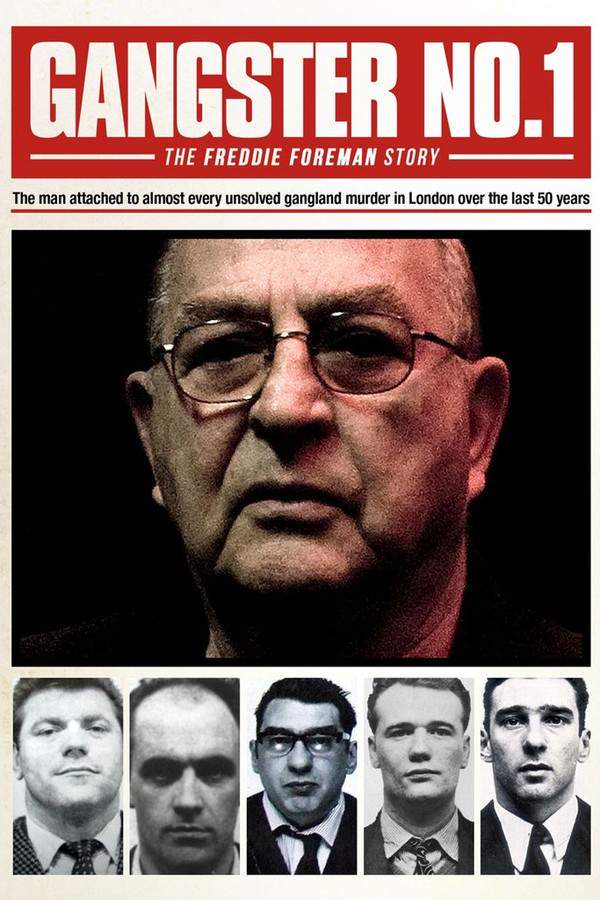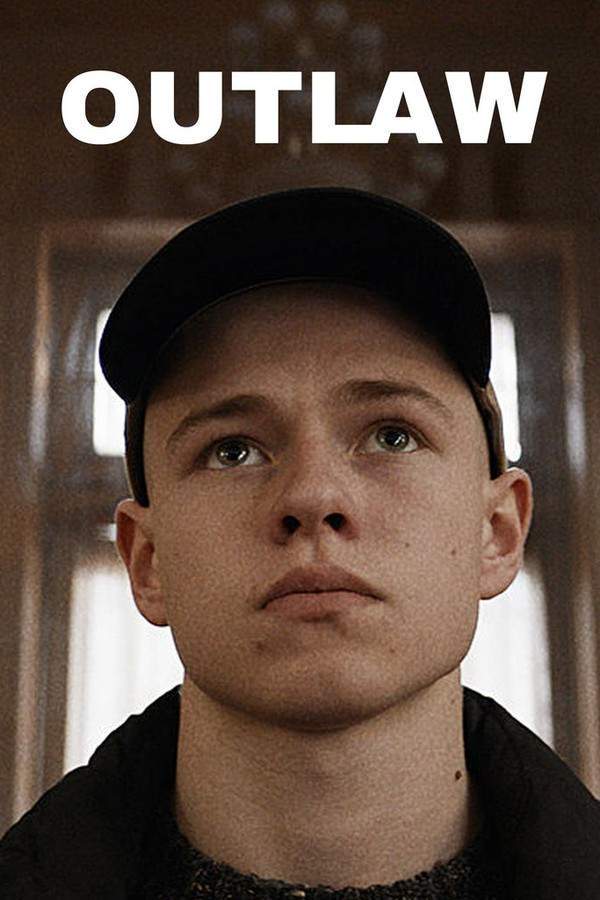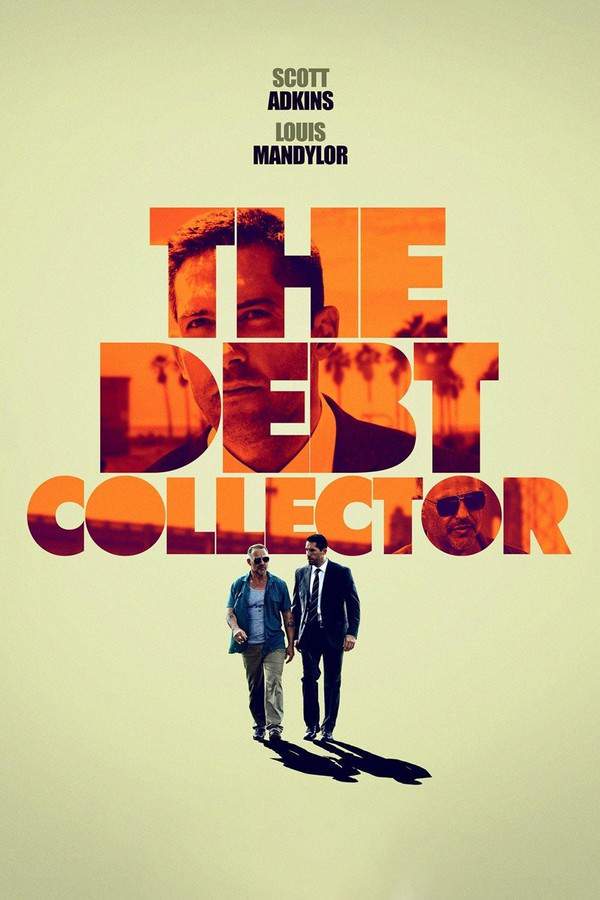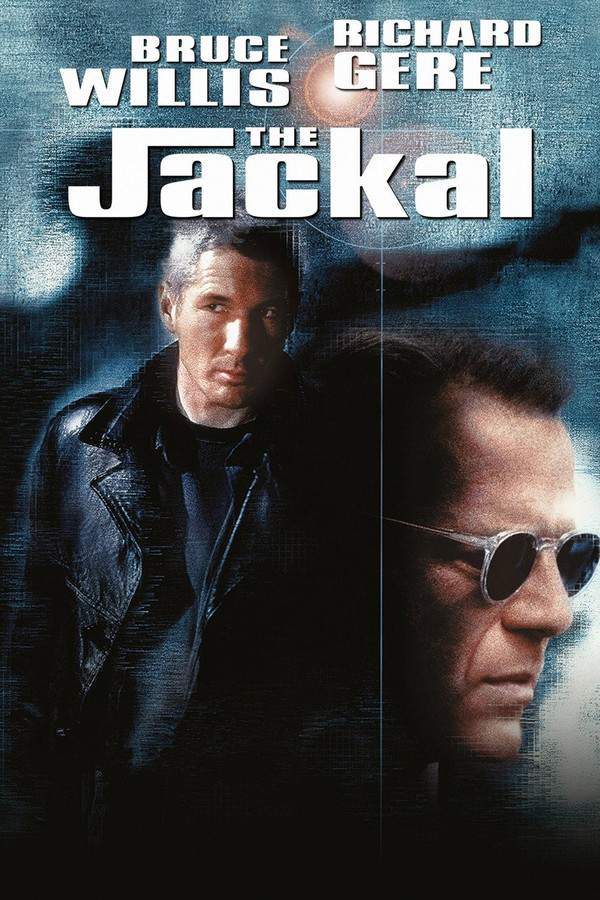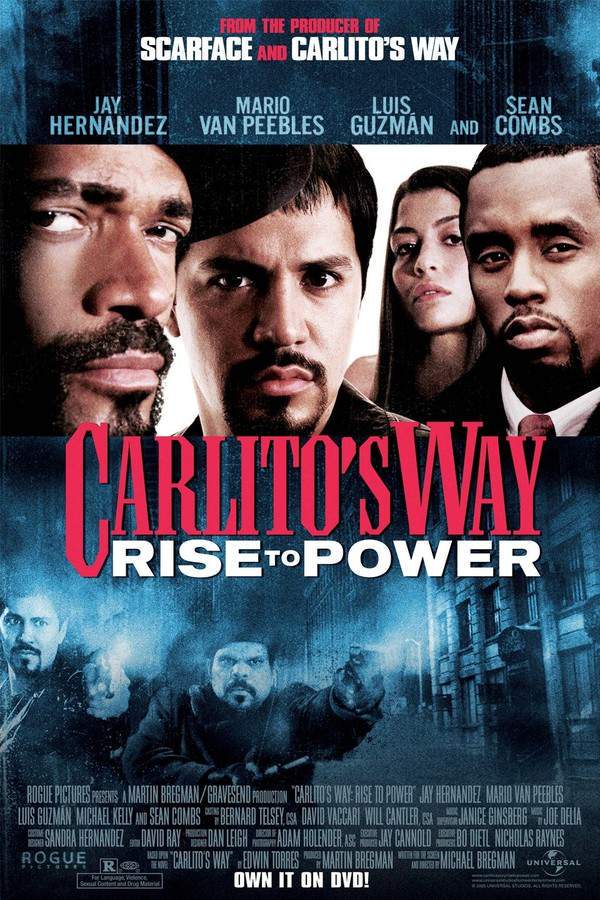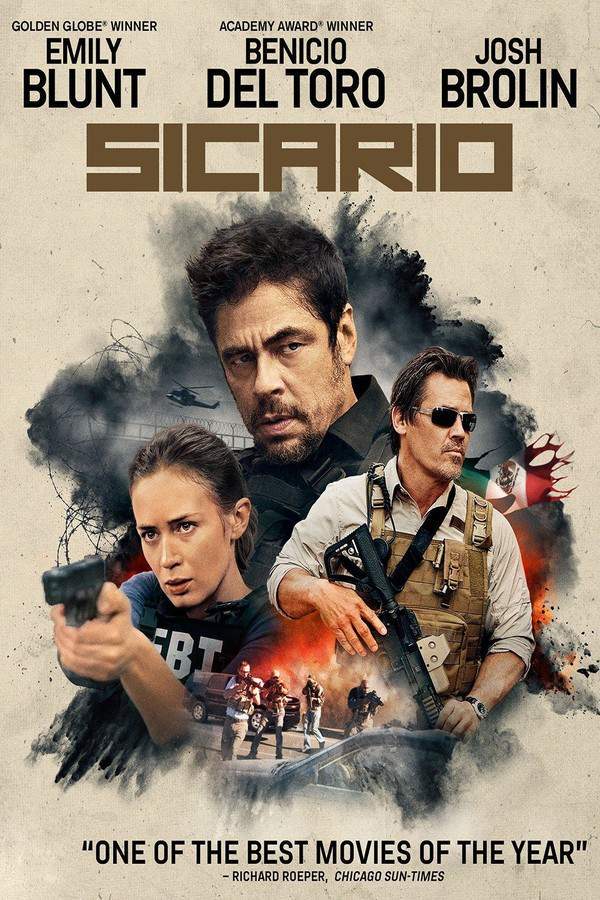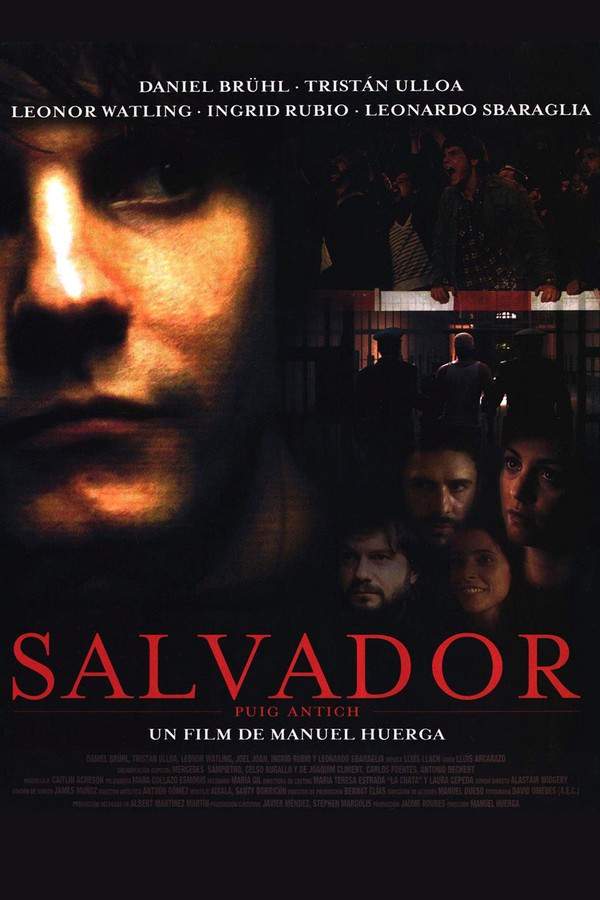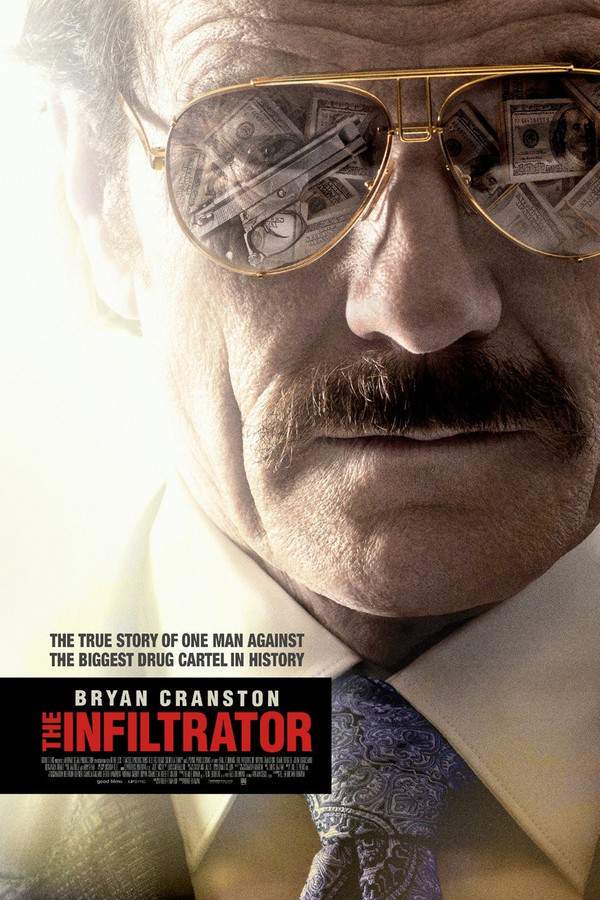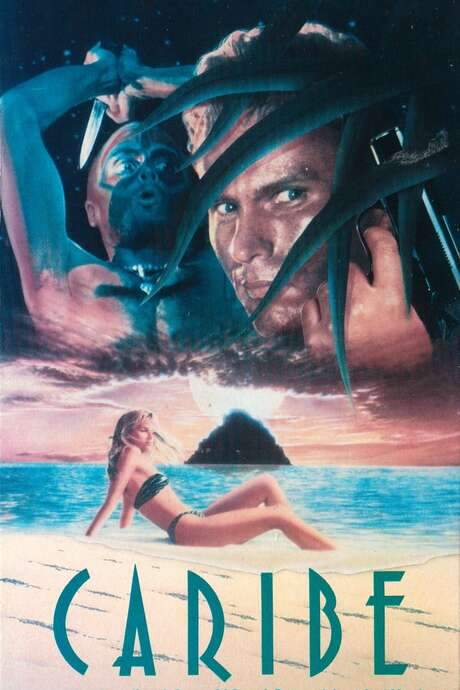
Carlos
Year: 2010
Runtime: 325 min
Language: French
Director: Olivier Assayas
Budget: $18M
The story follows the transformation of Venezuelan Marxist Ilich Ramirez Sanchez into the infamous "Carlos the Jackal." He becomes a notorious operative, orchestrating daring operations across Europe, including the brazen kidnapping of OPEC oil ministers. As his reputation as a ruthless mercenary grows, he serves as a hired gun for various nations and organizations, leaving a trail of violence and intrigue on the world stage. His actions spark international attention and a global manhunt.
Warning: spoilers below!
Haven’t seen Carlos yet? This summary contains major spoilers. Bookmark the page, watch the movie, and come back for the full breakdown. If you're ready, scroll on and relive the story!
Carlos (2010) – Full Plot Summary & Ending Explained
Read the complete plot breakdown of Carlos (2010), including all key story events, major twists, and the ending explained in detail. Discover what really happened—and what it all means.
Part one of the mini-series unfolds the story of Ilich Ramírez Sánchez, a Venezuelan exile who has allied himself with the Palestinians in Jordan. In 1973, he orchestrates a series of attacks in London before relocating to Paris, where he is appointed to head the European branch of the Popular Front for the Liberation of Palestine (PFLP) under the direction of Michel Moukharbal, known by his alias, André. It is in this pivotal meeting that Ilich adopts the notorious nom de guerre, “Carlos.” As he takes charge, he meticulously plans various operations, highlighted by a dramatic hostage-taking at the French Embassy in The Hague orchestrated by Japanese Red Army militants. However, when André is arrested, the French domestic intelligence service, the DST, grows increasingly suspicious of Ilich’s movements. To evade capture, Carlos makes a drastic decision, shooting André along with three police officers, which leads him to join Wadie Haddad, the head of PFLP, in southern Yemen. His new mission is audacious: to take hostage the oil ministers attending the upcoming OPEC conference in Vienna.
The second episode of the mini-series focuses extensively on the intricate details of Carlos’s operation, which stands out as one of the most spectacular acts of terrorism in that era. On December 21, 1975, Carlos leads a group consisting of six militants from the German Revolutionary Cells and Palestinian fighters, including Anis Naccache, to seize control of the OPEC headquarters. They take ministers and delegates hostage, leading to violent confrontations that result in several casualties among the building’s guards. At this moment, Carlos achieves unprecedented notoriety in the media. Despite his success, he faces hurdles when seeking asylum in Algeria, Tunisia, and Libya, and ultimately cannot board a plane to Iraq due to the limitations of their aircraft. In a bid to fulfill his mission, he eventually releases the hostages at Algiers airport in exchange for a substantial ransom; however, he ultimately fails to deliver on Haddad’s expectations, ending their partnership. Consequently, Carlos resorts to becoming a mercenary, seeking the highest bidder for his services, and subsequently turning his focus towards operations behind the Iron Curtain, shuttling between Budapest and East Berlin with the backing of the East German Stasi. He collaborates with remnants of the Revolutionary Cells, notably Johannes Weinrich and his wife Magdalena Kopp, who soon departs from Weinrich to align with Carlos. Carlos also engages in arms trafficking across Europe, aiming to establish a network of terrorist cells for future endeavors.
Part three chronicles Carlos’s ventures based in Budapest, bolstered by support from Syria, as he cultivates relationships with various clients, including Ceausescu’s Romania and Libya. His activities—characterized by armament trafficking, handling large sums of cash, and embodying the persona of the “Godfather of European terrorism”—are ultimately curtailed by shifts in global dynamics. Following the fall of the Berlin Wall in November 1989, Carlos experiences a stark decline, losing key patrons, being expelled from Syria, and witnessing a reduction in his operational scope. In a poignant twist, he discovers that many countries that once sought him for prosecution are now indifferent to his existence, and even the CIA ranks him low on their wanted list. Faced with these drastic changes, he gathers Magdalena and their young daughter and departs Syria for Libya, only to be met with unwelcome news from Qaddafi’s security chief that his presence in Libya is “undesirable.” Returning to Syria, he faces further strain as Magdalena announces her intent to leave him—a move prompted by his mother’s offer of a home in Venezuela for her and their child. Moreover, Magdalena feels disheartened, recognizing Carlos’s ongoing infidelities.
Eventually, the last refuge available for Carlos is in Sudan. Now retired, he adopts a new alias while remaining a target for multiple intelligence agencies. As he finds himself abandoned by former allies and distanced from the center of global conflicts, Carlos watches the evolution of geopolitical power from afar. Finally, with the assistance of the Sudanese authorities and struggling with a debilitating condition, he is captured on August 14, 1994. He is then extradited back to Paris to face trial for his past crimes, which continue to resonate deeply within France.
Last Updated: November 04, 2024 at 01:11
Explore Movie Threads
Discover curated groups of movies connected by mood, themes, and story style. Browse collections built around emotion, atmosphere, and narrative focus to easily find films that match what you feel like watching right now.
Global Espionage and Political Thrillers like Carlos
High-stakes international conspiracies and covert operations that span continents.If you enjoyed the global scale and political intrigue of Carlos, explore more movies like it. This section features similar high-stakes thrillers about covert operations, international conspiracies, and the ruthless individuals who shape world events from the shadows.
Narrative Summary
Stories in this thread typically follow operatives, terrorists, or spies as they execute complex plans across multiple countries. The narrative is driven by political agendas, shifting alliances, and the constant threat of exposure or capture, creating a tense and intricate web of cause and effect on a global stage.
Why These Movies?
These films are grouped by their shared focus on international scale, political motivations, and the mechanics of covert actions. They deliver a similar experience of high tension, complex plotting, and a cynical look at the realities of power and violence in a global context.
Ruthless Rise and Fall Stories like Carlos
Charts the ambitious ascent and inevitable moral decay of a complex, dangerous figure.Fascinated by the complex character arc in Carlos? Discover more movies with similar antihero journeys. These films explore the ambitious rise and bleak downfall of powerful, morally ambiguous figures, offering a deep dive into their psychology and the cost of their actions.
Narrative Summary
The narrative pattern follows a protagonist's transformation, showcasing their initial drive and success, which is often built on ruthlessness or ideological fervor. This is followed by a gradual or sudden decline, marked by betrayal, loss of power, and a bleak reckoning, emphasizing the corrosive nature of their path.
Why These Movies?
These films are united by a specific character arc: the compelling but tragic journey of an antihero. They share a dark tone, heavy emotional weight, and a focus on the psychological and narrative inevitability of a fall from grace, creating a cohesive experience of tragic ambition.
Unlock the Full Story of Carlos
Don't stop at just watching — explore Carlos in full detail. From the complete plot summary and scene-by-scene timeline to character breakdowns, thematic analysis, and a deep dive into the ending — every page helps you truly understand what Carlos is all about. Plus, discover what's next after the movie.
Carlos Timeline
Track the full timeline of Carlos with every major event arranged chronologically. Perfect for decoding non-linear storytelling, flashbacks, or parallel narratives with a clear scene-by-scene breakdown.

Characters, Settings & Themes in Carlos
Discover the characters, locations, and core themes that shape Carlos. Get insights into symbolic elements, setting significance, and deeper narrative meaning — ideal for thematic analysis and movie breakdowns.

Carlos Spoiler-Free Summary
Get a quick, spoiler-free overview of Carlos that covers the main plot points and key details without revealing any major twists or spoilers. Perfect for those who want to know what to expect before diving in.

More About Carlos
Visit What's After the Movie to explore more about Carlos: box office results, cast and crew info, production details, post-credit scenes, and external links — all in one place for movie fans and researchers.

Similar Movies to Carlos
Discover movies like Carlos that share similar genres, themes, and storytelling elements. Whether you’re drawn to the atmosphere, character arcs, or plot structure, these curated recommendations will help you explore more films you’ll love.
Explore More About Movie Carlos
Carlos (2010) Scene-by-Scene Movie Timeline
Carlos (2010) Movie Characters, Themes & Settings
Carlos (2010) Spoiler-Free Summary & Key Flow
Movies Like Carlos – Similar Titles You’ll Enjoy
The Jackal (1997) Story Summary & Characters
The Day of the Jackal (1973) Complete Plot Breakdown
Carlito's Way: Rise to Power (2005) Spoiler-Packed Plot Recap
El Sicario: Room 164 (2011) Full Movie Breakdown
Sicario (2015) Full Summary & Key Details
Salvador (1986) Full Movie Breakdown
The Infiltrator (2016) Spoiler-Packed Plot Recap
Carlos el terrorista (1980) Detailed Story Recap
Caribe (1987) Film Overview & Timeline
Sicario (1994) Complete Plot Breakdown
In Cold Blood (1959) Detailed Story Recap
The Day of the Jackal (1000) Full Movie Breakdown
Lamarca (1994) Film Overview & Timeline
Roberto Carlos, Looking for Adventure (1968) Story Summary & Characters
Wanted: The Escape of Carlos Ghosn (1000) Story Summary & Characters



